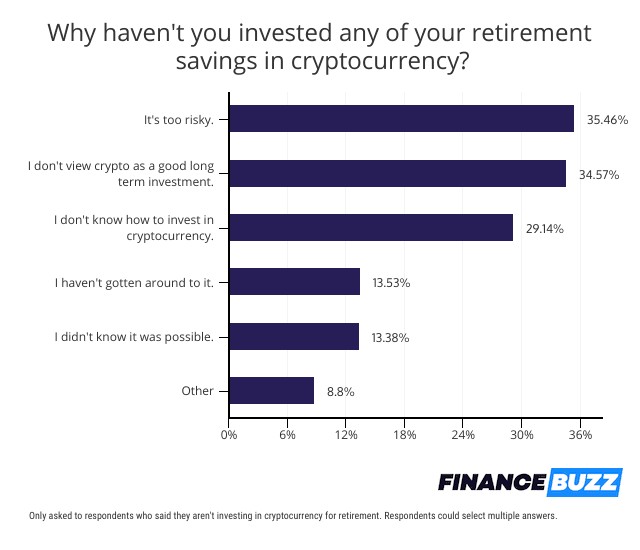
A recent study by Bitget Research reveals a dramatic shift in retirement planning preferences among Gen Z and Gen Alpha, with cryptocurrency emerging as an increasingly popular option for long-term savings.
According to the research, 78% of young adults prefer alternative savings methods over traditional pension funds, with a notable portion exploring cryptocurrency investments. The study found that 20% of respondents are open to receiving their future pensions in digital assets.
The move away from conventional retirement planning appears driven by widespread distrust and confusion about traditional pension systems. Nearly three-quarters of those surveyed admitted they don't understand how pension funds work or where their money is invested, leading many to seek more transparent alternatives.
"Young people want more control and clarity over their financial future," notes the research team at Bitget. Their data shows that 87% of respondents are considering cryptocurrencies for long-term savings, while 41% are actively exploring this option.
Despite stereotypes suggesting young people neglect retirement planning, the study found that 76% of respondents are already thinking about their future savings. One-third have concrete plans in place, while 43% are evaluating different options.
However, challenges remain before cryptocurrency can become a mainstream retirement vehicle. Market volatility and uncertain regulations present major hurdles. Some traditional institutions are beginning to adapt - several U.S. state pension funds have already incorporated Bitcoin ETFs into their portfolios.
The findings suggest financial institutions may need to modernize their approaches to attract younger investors, potentially by incorporating blockchain technology and improving transparency in their operations.
This generational shift in retirement planning preferences could reshape the pension landscape in coming decades as Gen Z and Gen Alpha gain more economic influence. Their embrace of digital assets signals a potential transformation in how future generations approach long-term financial security.